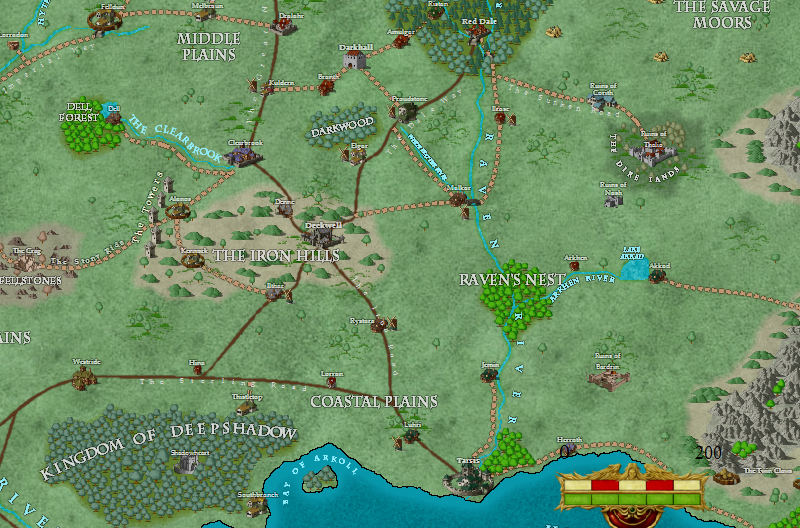One Weird Trick
The latest in my little series on writing techniques. It’s simple, but it works.

This is what I do when I have an idea of how to proceed, but not the details. A plan, general intent, or if I’m stumbling over words or unsure of mood or some other technical matter, I do this and it gets things rolling beautifully. It has (so far) never failed me. I don’t know if it is helpful to overcome honest-to-God writer’s block; I don’t think I’ve ever had that.
So what’s this one neat trick that makes editors hate me?
I just write.
Bear with me. It’s not quite as stupid as it sounds, but that’s basically all there is to it. The gist is that I don’t worry about the tone, the mood, or particular word choices. I don’t care. What matters is putting down what happens in the story in general, vague terms.
And, no matter what, every single time, it works. The vague scene description materializes in my imagination and I get more details. I can put what happens more specifically. I can see what comes next. There are colors and scents and natural consequences. Within a few paragraphs, I’m no longer just generally outlining planned events. I’m writing.
Sometimes, I even have to back off and go back to the vague events so I can get them all written down before going back to flesh things out later.
EXAMPLE 1: “Sandra escapes, and then…” is good enough. It moves the story forward.
EXAMPLE 2: “Sandra escapes by stealing a car, and then…” is better. Now there are a method and some details to use later. If stealing is outside Sandra’s character, this demonstrates desperation or fear, or a level of determination that may be outside the norm. It’s also an opportunity for a new character or conflict; namely, whoever owned the car.
EXAMPLE 3: “Sandra stepped in front of the first car she thought would have enough time to stop, hoping it would. Her silent prayer was answered by screeching tires and an angry honk. She ran to the driver’s side door, pleading in her best facsimile of panic, and then…” is the kind of detail you’re probably working toward! If you wanted to get to this level of detail, huzzah. You win. If not, this is when you back off and return to generalities.
Why would you want to just stick to generalities? If everything is general and vague, progress is faster and things are easier to re-write. This is a good way to outline a chapter with something more than bullet points or a synopsis, but short of real writing with literary details.
I use this technique often when my level of inspiration is higher than “Nope” but less than “Let’s get to it.” Maybe you can, too.

 Previous Post
Previous Post



